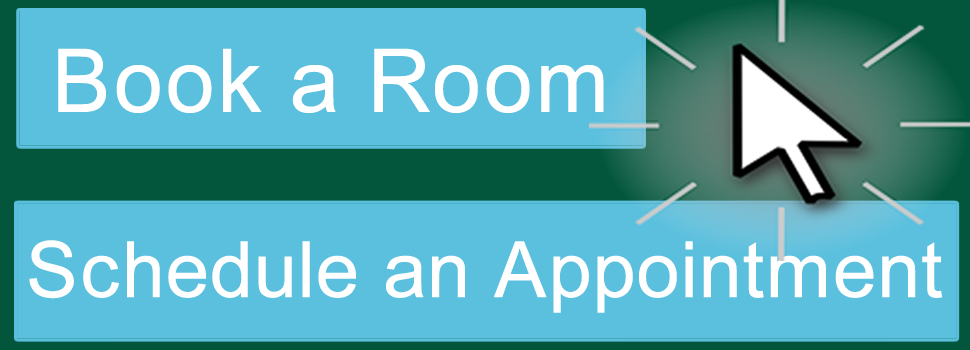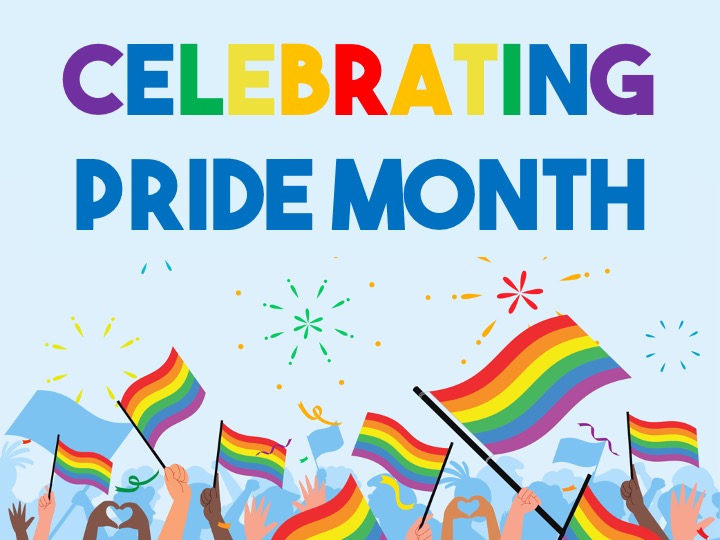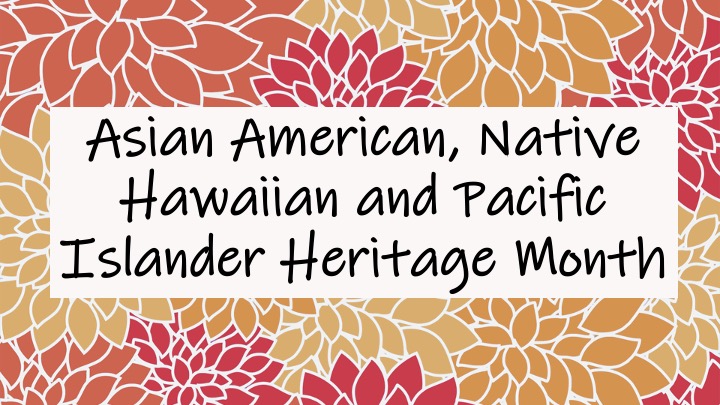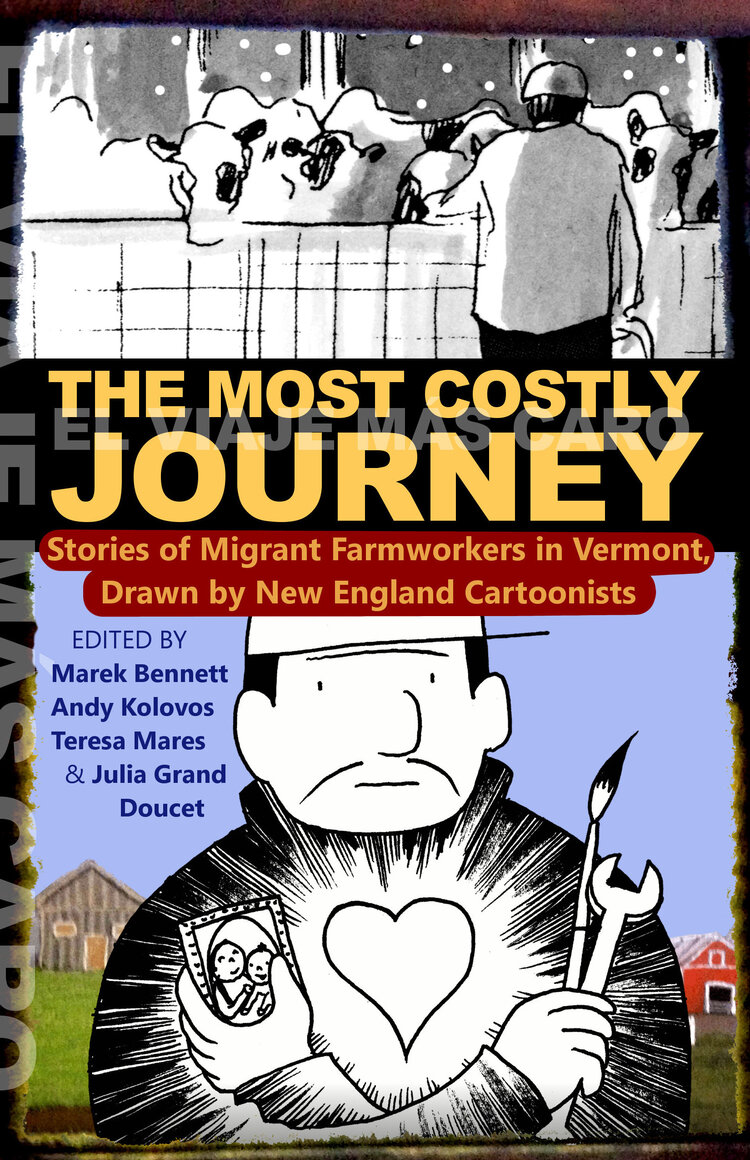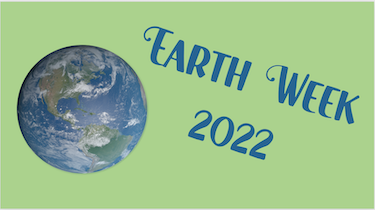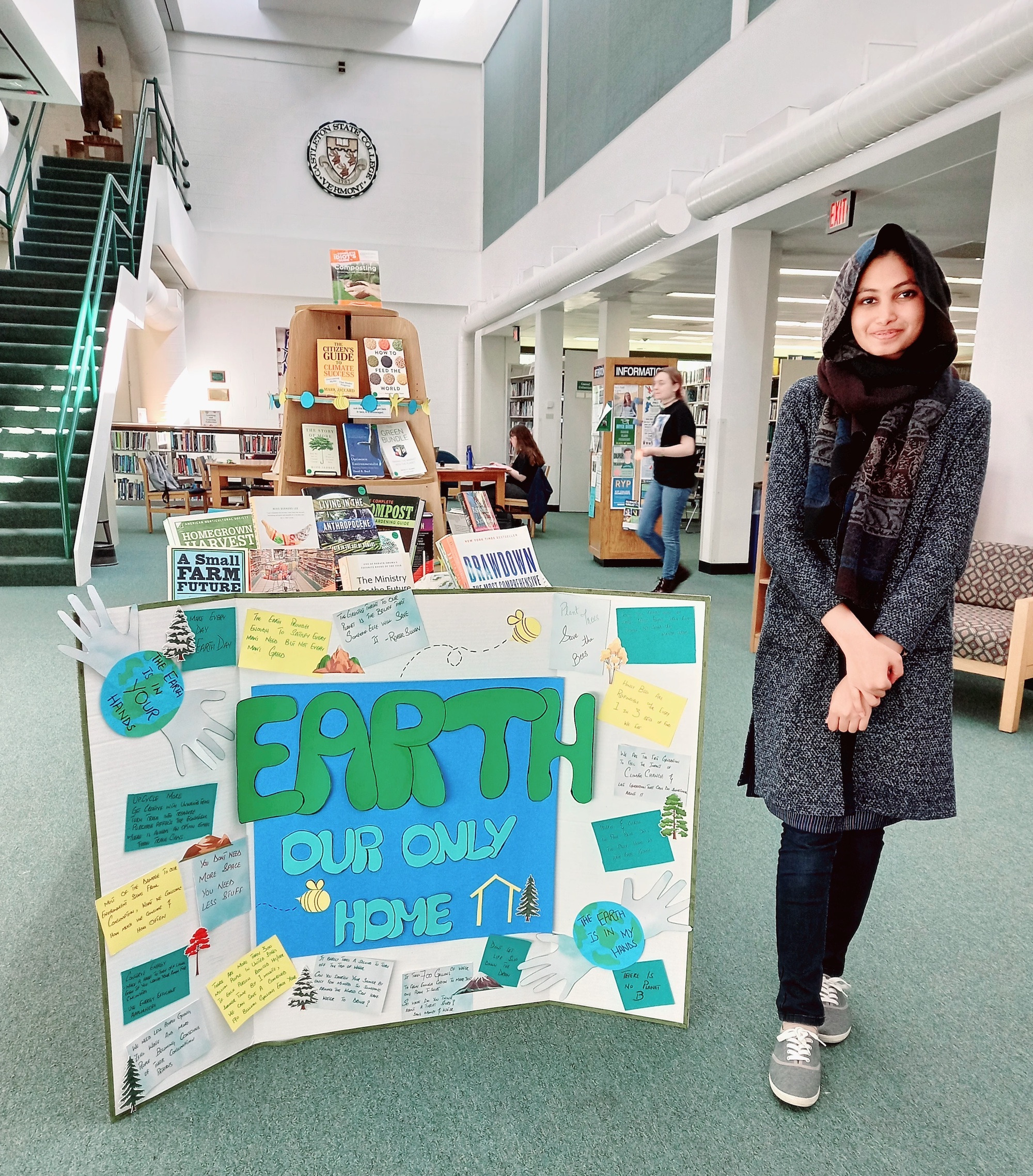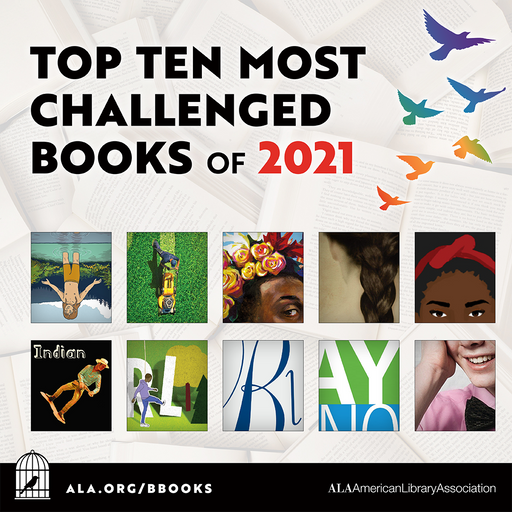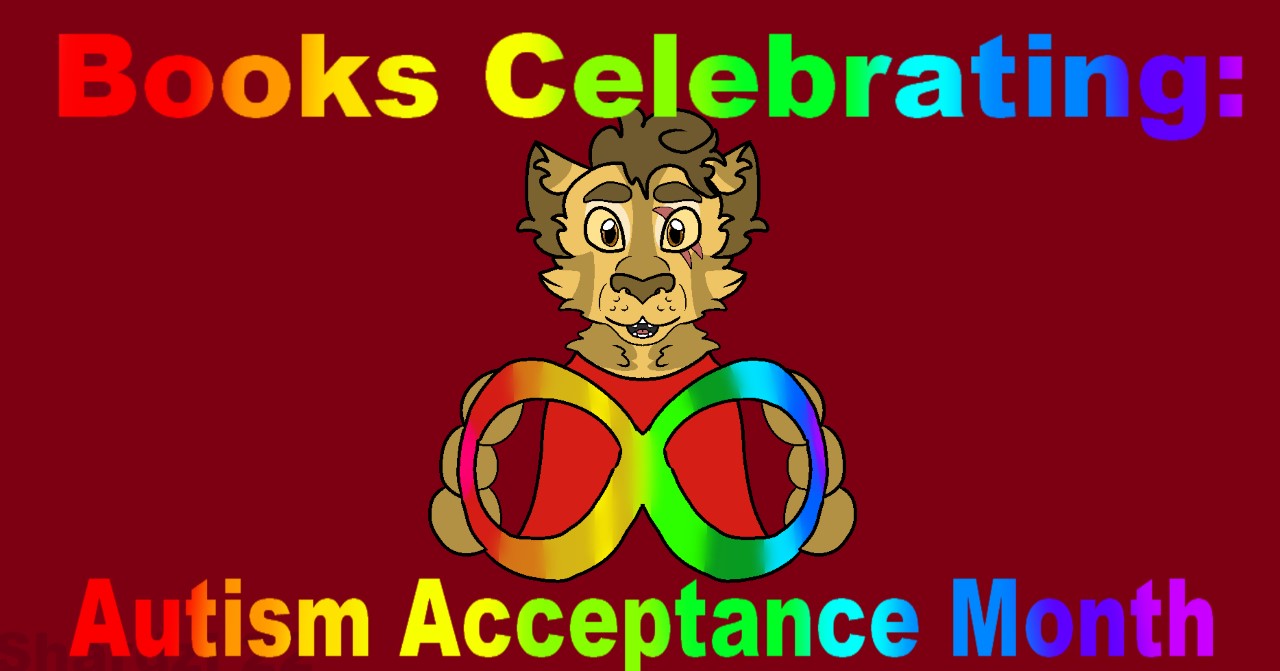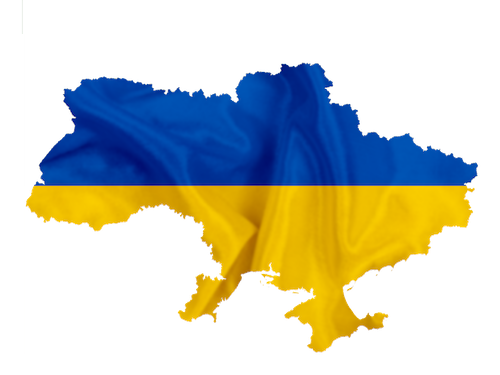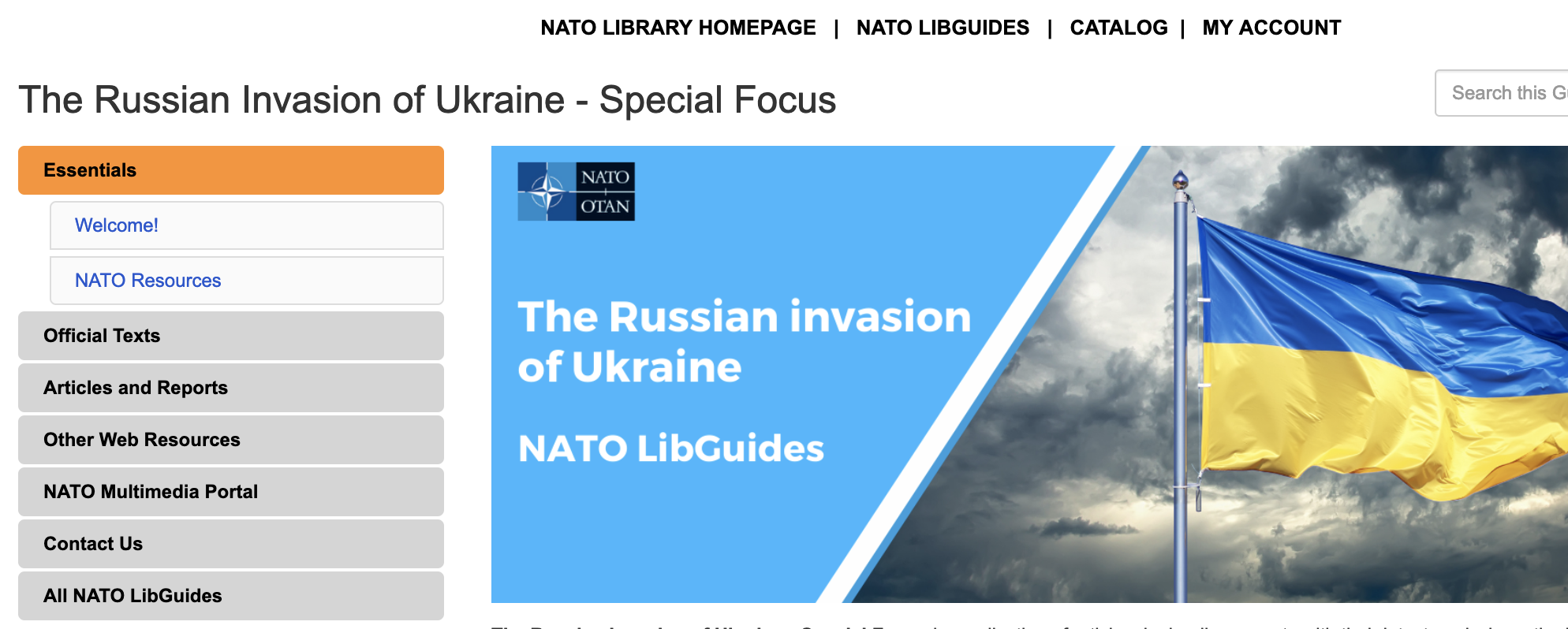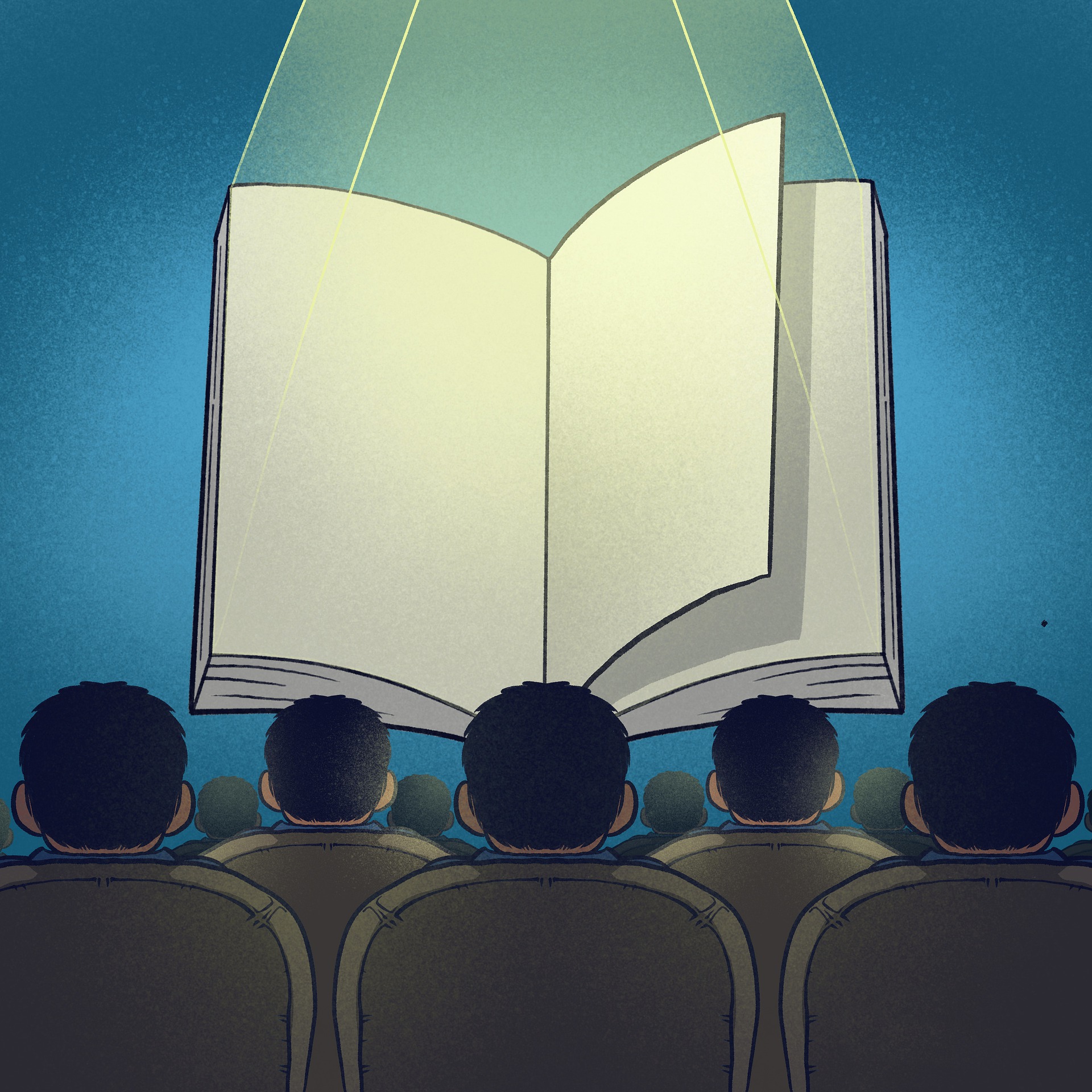
Sometimes you like the book better than the movie, but sometimes the movie is better. But when you’re a big fan of one, it’s a bonus that you can enjoy the other too.
New films and TV series come out all the time, some consisting of original content, but many of them are based on published novels or nonfiction books. The library might already own a copy of the book, or we might purchase it if the movie or TV show is important culturally.
Where the Crawdads Sing just opened recently in theaters. The book by Delia Owens was hugely popular when it came out in 2017. Station Eleven by Emily St. John Mandel was on many lists of best books of the year for 2015 and was a National Book Award Finalist. It is now a series streaming on HBO Max. Wonder by R.J. Palacio was a hugely popular and educational middle grades book about a boy with facial anomalies. The film based on the book starring Jacob Tremblay as Auggie, and Julia Roberts and Owen Wilson as his parents, was also very successful. A film based on R.J. Palacio’s more recent book, White Bird, will be out soon. All of these books are included in our new display, at least until someone checks them out 😉
Come on in and take a look at the books on display and check some out, or see the list of books we’ve selected here. If you didn’t know some of these books were made into films or series, you can learn more about them at The Internet Movie Database, imdb.com. To find out where a film or series is streaming, see JustWatch.com. To see if we have the film in our DVD collection, check the catalog. Students, faculty and staff can request DVDs through interlibrary loan. If you have a favorite adaptation we haven’t included in our display this time, you can email library@castleton.edu with your suggestion.


